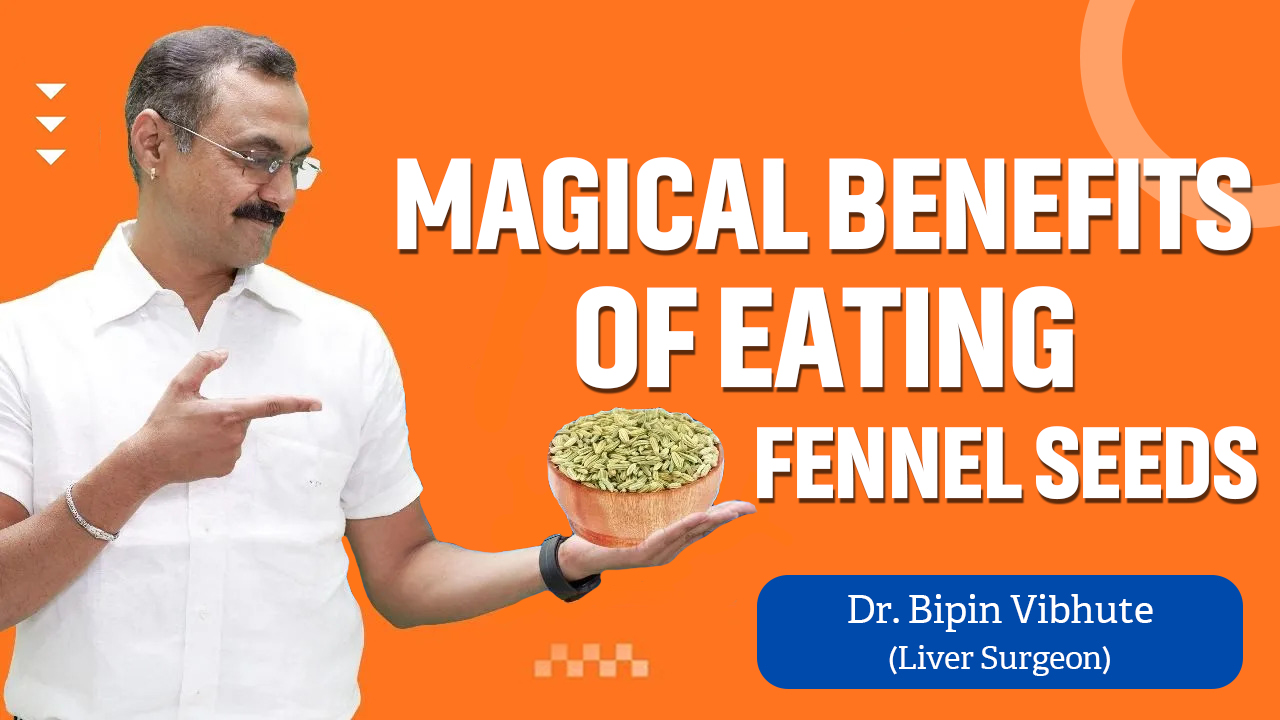
Specialities
Infrastructure
Address
Upper Basement Sahyadri Multispeciality Hospital, Karve Road, Erandawane, Deccan Gymkhana, Pune, Maharashtra 411004
Clinic Timing: 12:30 PM - 5:00 PM | Sat - Sun Closed

Upper Basement Sahyadri Multispeciality Hospital, Karve Road, Erandawane, Deccan Gymkhana, Pune, Maharashtra 411004
Clinic Timing: 12:30 PM - 5:00 PM | Sat - Sun Closed

Upper Basement Sahyadri Multispeciality Hospital, Karve Road, Erandawane, Deccan Gymkhana, Pune, Maharashtra 411004
Clinic Timing: 12:30 PM - 5:00 PM | Sat - Sun Closed
Error: Contact form not found.
The history of fennel seeds and other mouthwash is not certain, but Ayurveda, history, and Indian tradition definitely believe that they have absolutely magical benefits for your body’s health and digestion of food. In our Indian tradition, and our forefathers who follow it correctly, have considered many such things as medicine, which are very easily found in our house, just we do not see them as medicine and hence no longer are going away.

Benefits of fennel seeds –
An ample amount of dietary fiber present in saunf stimulates intestinal activity by increasing the secretions of bile and gastric juices and maintains the peristaltic movements thereby regulating the smooth functioning of the bowel.
– It help reduce abdominal cramps, pain, irritable bowel syndrome (IBS) symptoms, gastrointestinal maladies
Fennel is an effective natural remedy for alleviating menopause symptoms. The phytoestrogen nature of fennel seeds is beneficial in treating menstrual symptoms and lessening abdominal cramps and hot flashes.
Lactating mother: it improves breast milk production, can be consumed along with Shatavari
– if you have loose motion or watery bowel, this fibre helps to treat it
7.Reduces cholesterol – fennel contains dietary fiber , one cup fennel has 3 grams of fibre, which is a soluble fibre, it lowers blood cholesterol and help control blood sugar.
8.Best Antacid : you do need to pop an acidity pill every now ad then , saunf is basic in nature, it aids to neutralise the acidity of the intestine which is hampered by poor dietary habits, lifestyle and overweight. Heartburn, regurgitation after meals can be effectively lessened by chewing a few fennel seeds soon after having food. Thus fennel makes it an important element in anti-acidity Ayurvedic formulations.
9.Controls Blood Pressure : As per the study published in the Journal of Food Science it was disclosed that chewing saunf seeds augments the nitrite content in saliva, which works as a natural remedy to maintain the blood pressure levels. In addition, notable amounts of potassium in saunf, an important element of cells and body fluids assist in controlling acid-base balance, dilates the blood vessels, regulates heart rate and stabilizes blood pressure.
How much to consume in a day ??
– ideally 6 gms per day any time of the day is recommended
– but 1-2 teaspoons a day if fine
How to consume ?
– Roast and eat with jaggery chunks / sugar
– make powder out of roasted seeds
– you can make sherbet out of it and many other recipes you can find online
So, why wait? Embrace the power of Fennel seeds and experience the extraordinary benefits it offers. Unlock the secrets of this incredible spice and elevate your health and well-being. Remember, nature has provided us with treasures like Fennel seed, waiting to be discovered.
Recent Comments